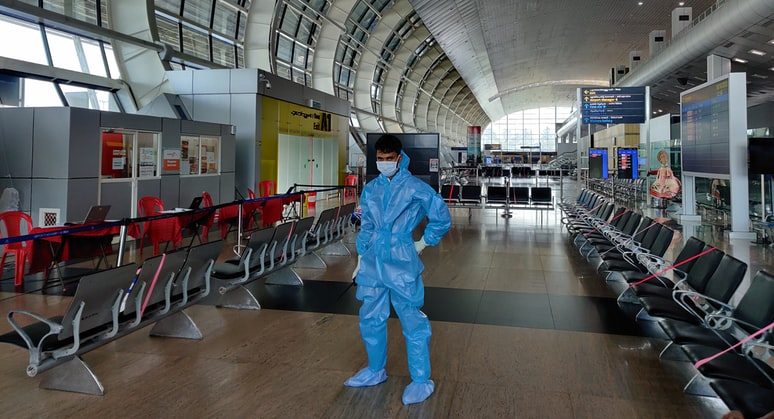The International Air Transport Association‘s (IATA) medical adviser says the emergence of the Omicron variant has doubled or trebled the chances of catching Covid-19.
It has proven to be far more transmissible than Delta, said IATA’s Dr David Powell.
It was only in mid-November that Omicron was discovered. Yet it is already responsible for more than 70 per cent of new infections in the United States and is expected to become the dominant strain there and in Europe by early next year.
Its spread has coincided with the holiday travel season. So, although high-grade HEPA (high-efficiency particulate air) filters on planes do lower infection risks, travellers need to watch out for crowded airports, long queues and other situations that may pose a challenge to maintaining social distance.
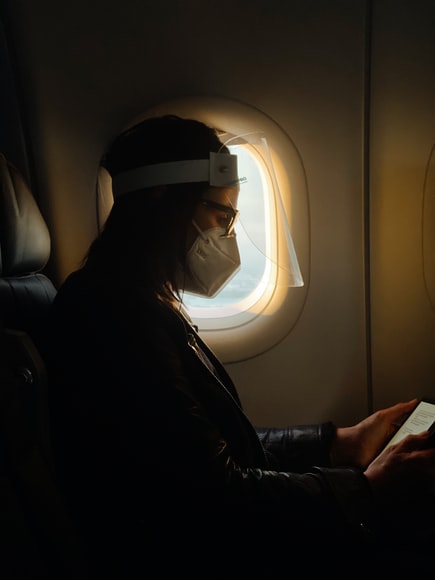

“Whatever the risk was with Delta, we would have to assume the risk would be two to three times greater with Omicron, just as we’ve seen in other environments,” says Dr David Powell, who is medical adviser to IATA.
“The relative risk has probably increased, just as the relative risk of going to the supermarket or catching a bus has increased,” he said.
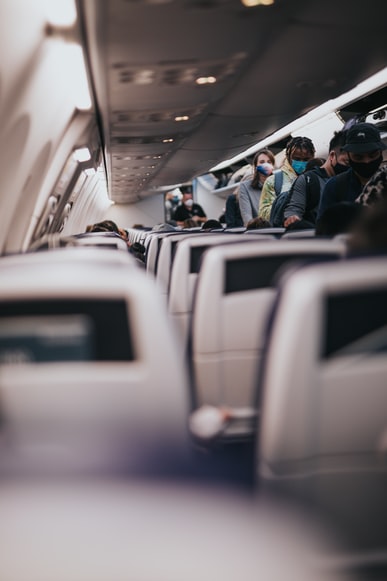

Dr Powell, who was formerly chief medical officer with Air New Zealand, offers these tips on how air travellers keep themselves safe during this season:
- Fly business class if you can. The larger the number of passengers—which would be the case in economy class cabins—the bigger the chance of infection.
- Face-to-face contact should be avoided. Passengers need to keep their masks on, even while they’re sleeping.
The type of mask used is also important, as not all masks are considered equal. As most should have realised by now, cloth masks are considered the least safe. So, no matter how stylish your designer masks may be, it is better not to use them in flight. Here’s a list of the best masks you can use for flying.
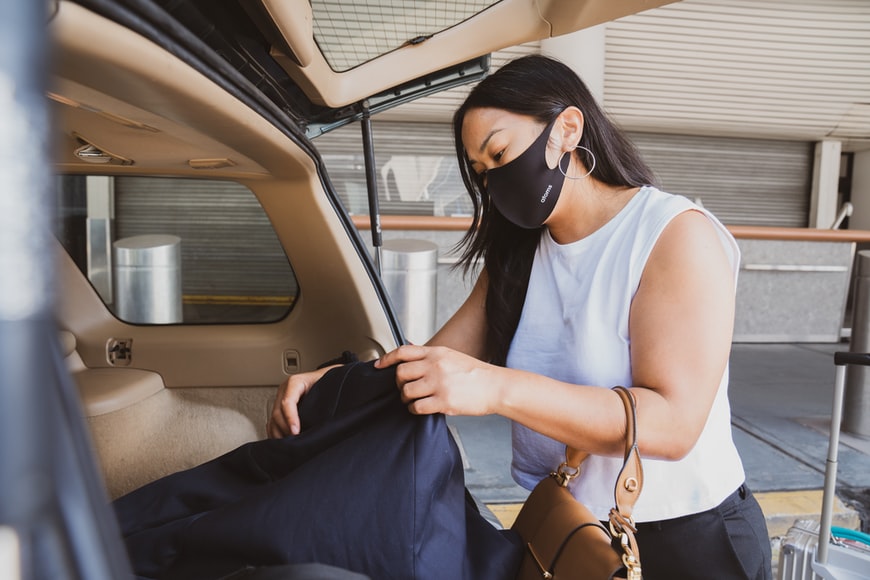

For added safety, if you are flying this season, consider double-masking, which increases protection against the more transmissible variants. If you’re not sure how to double-mask, check this article.
3. Avoid contact with frequently-touched surfaces such as door handles, railing, handgrips, etc. If you cannot avoid touching them, wipe them down with alcohol or an antibacterial liquid. And wash your hands thoroughly or clean them with a sanitiser.
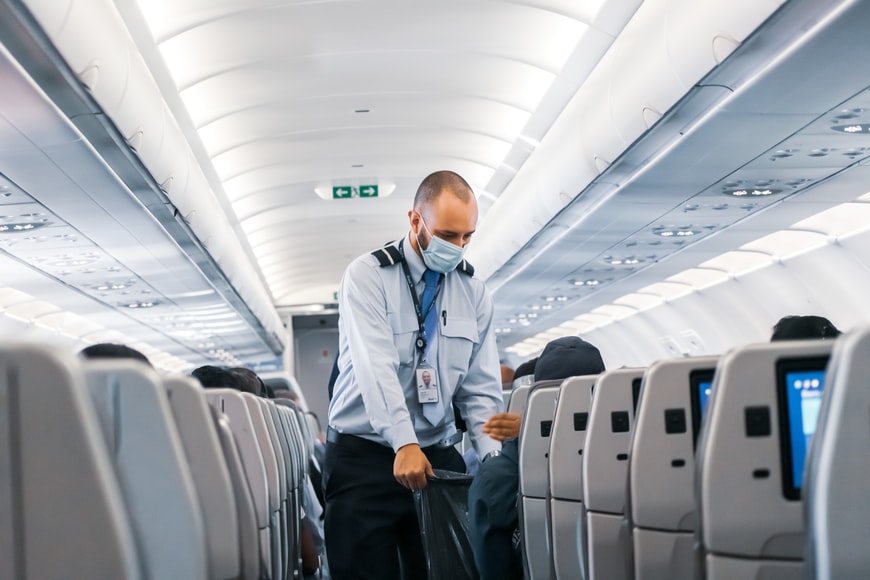

4. People sitting in the same row should avoid taking off their masks at the same time, whether it’s for eating or drinking. Taking turns to lower or remove your mask helps to ensure additional protection from infection.
“In simple terms, two people masked have minimal transmission from one to the other. If one of you removes your mask, then that person’s at greater risk of transmitting and at slightly greater risk of receiving. But if both of you remove then obviously, there’s no barrier there and you can freely transmit one to the other,” Dr Powell said.
He emphasised that what would provide the most protection from infection is to be completely vaccinated and boostered.
Interestingly, he added, “There’s a sort of a rule of thumb starting to appear, that essentially Omicron loses you one vaccine dose of benefit. So, two doses against Omicron is about similar protection to one dose against Delta. That’s not established in hard science, but it roughly seems to correlate with what’s coming out in studies.” /TISG
OMICRON: S’pore freezes new VTL bookings until Jan 20, 2022 to limit exposure to imported cases

